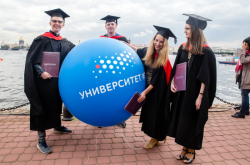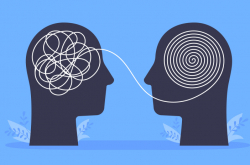Program 2.0
Lyudmila Tsoy, a manager at ITMO’s Center for Organization of Creative and Corporate Projects, shares that this project isn’t the first attempt to improve the transmission of practical experience in a university environment. But that notwithstanding, the new program still promises to be unique.
There has already been a mentorship program at ITMO before. What are the specifics of the new program?
Before, we ran the project together with the Recursion charity foundation. The complexity was that this involved an external platform, and we couldn’t evaluate how close was the interaction between our students and graduates, what results they obtained, and whether there were any results at all. Recursion brought together graduates of the country’s leading universities, who would later go on to become mentors for students from different education institutions. On the one hand, it allowed our students to find a specialist with a profile that wasn’t represented at ITMO, but on the other, we were missing out on building generational links within ITMO.Family. It is for these reasons that we decided to create our own internal mentorship program.
Are there any limitations for participation by ITMO students?
No, we don’t impose any strict limitations, but we’re still aiming our program at the students who will soon graduate from their programs and face the question of what to do next. In other words, we’ve designed it for the third and fourth year of Bachelor’s and second year of Master’s studies, because for others this problem isn’t so acute. But we are still accepting applications from students of all years, as there could be people who have already decided on their professional future and want to start taking the first steps now. What matters here is the level of their self-awareness, the degree to which the applicants understand where exactly they need mentor’s help. It would be hard to work as part of a mentorship pair without this understanding.
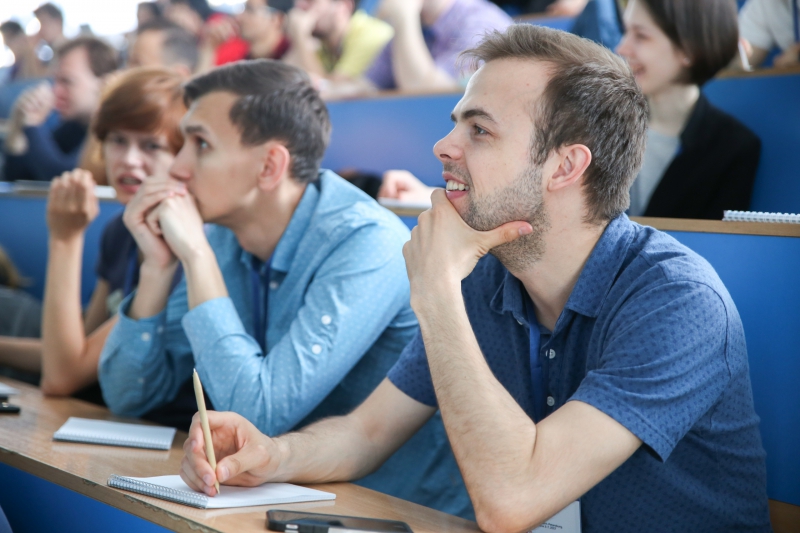
How will the interaction between a student and a mentoring graduate be built?
This week, we will conduct a selection of the candidates on the basis of applications received, and, together with Personal Development Center, organize an introductory training session where we’ll explain the gist of the program, why would you need a mentor, how to organize communication within a mentorship pair, how to set goals and monitor progress. After that, mentors and students will start their team work, lasting all the way until mid-January next year. We recommend that in this period of time, they contact each other in any convenient way at least five times. It’s very important that at their first meeting, a mentor and a mentee jointly analyze the current situation and the mentee’s needs, and set a specific goal they could work towards together.
Choosing a mentor
Who can become a mentor?
There are lots of options here as different students have different needs. Some require a consultation on scientific startups or business; some want to get some advice from an expert that has managed to build a successful career in their field; others seek guidance on how to fulfill their research potential. With that in mind, we invite a wide range of specialists to help as many students as possible. What matters here is for the graduate to understand the significance of this role and have a desire to be of help to students.
How difficult was it to attract graduates to join the project?
Some of the graduates we invited personally, because we knew them and the field they are proficient in. In addition to that, we sent out a graduate newsletter with an invitation to join the project. For the graduates, this is a great opportunity to develop their leadership and other skills. Both parties learn in a mentorship project, making it a relevant experience for mentors themselves.
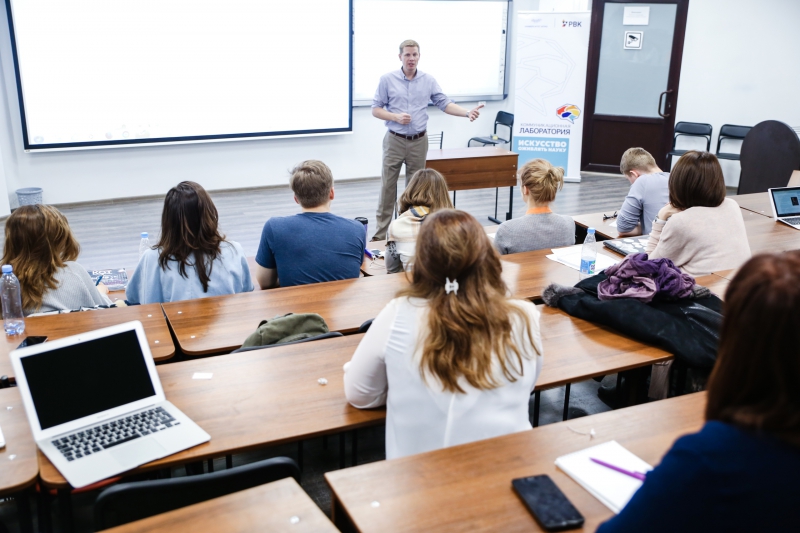
Do mentors have to be present in St. Petersburg for the duration of the program?
No, we already have mentors from other cities and even countries, so that’s not an important factor. What is crucial for us is to form the right teams of students and mentors who have the necessary competencies to provide consultations in that specific field.
So, there hypothetically could be a situation where a student can't find an appropriate mentor?
Yes, there is this possibility. But if we fail to provide someone with a mentor in the first intake, we’ll continue working on it until the right mentor is found.
How mentors see their goals
Mikhail Leontiev, founder of New Wallet, a company manufacturing wallets from the innovative material Tyvek
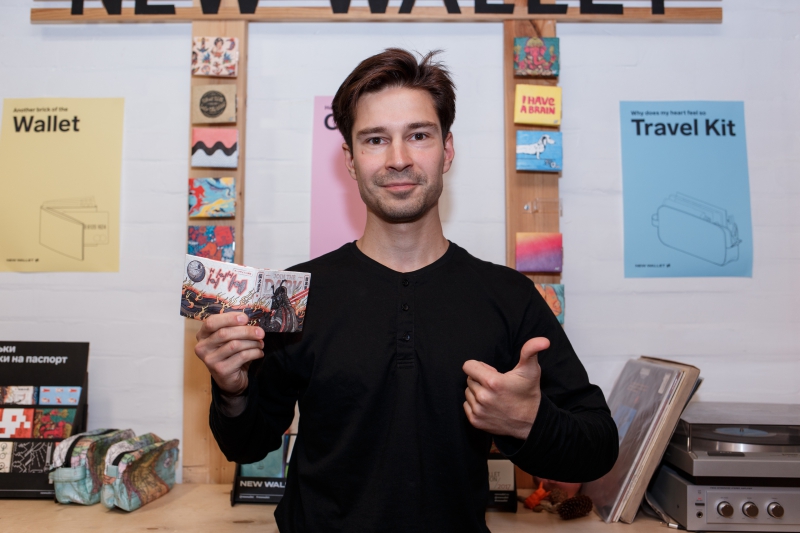
I’m interested in sharing my experience of running a business: money cycles, regulations, guidelines, interaction with contractors, pitfalls, investments, the market’s prospects, target audiences. I’m willing to help students learn how to not lose touch with the reality, what to do after you’ve graduated from university, how to find your vocation, and understand what money and business are for.
Marianna Krel, professional business coach
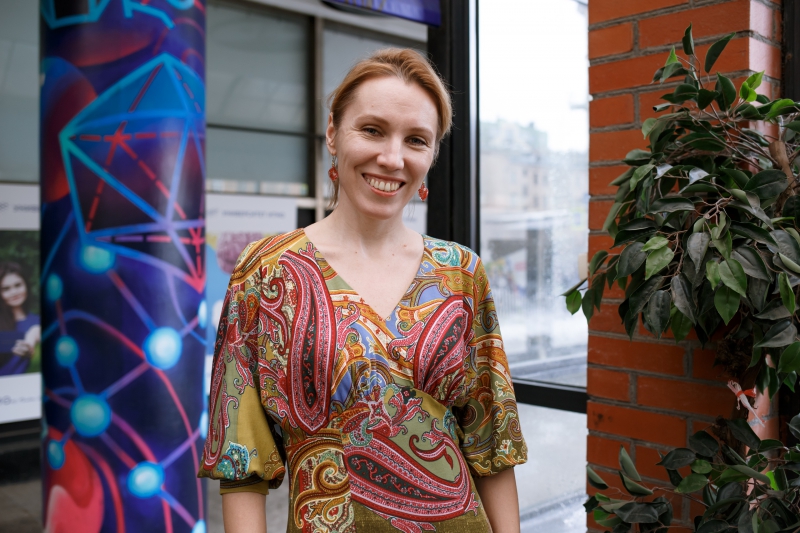
I am participating in this program because when I myself needed a mentor in my student years, I found one. I want to continue this good practice: to help those in the beginning of their professional path.
Vitaly Sotnikov, founder of the startup NativeOS
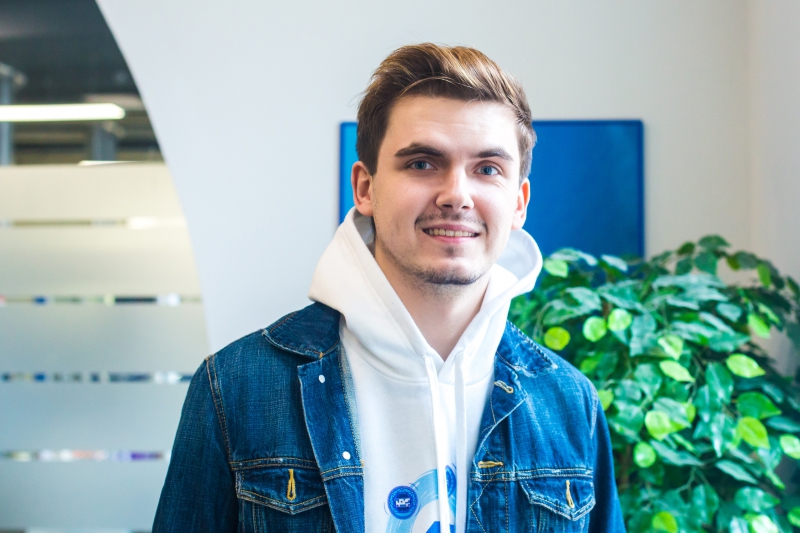
I can tell students all about how not to do business, as well as AI, cinematography, startups and running four companies.
Plans for the future
According to Lyudmila Tsoy, the new mentorship program will help students understand the value of mentorship and mutual help, so that after they graduate they could themselves become mentors for new generations of ITMO University students.
“We want our project to become a regular one and create a cycle where today’s mentee will become a successful professional and mentor in the future. This is what we’re aiming for at the global scale: to lay down a solid foundation for a culture of the interaction between different generations of ITMO.Family that would be based on mutual help and support,” explains Lyudmila Tsoy.



